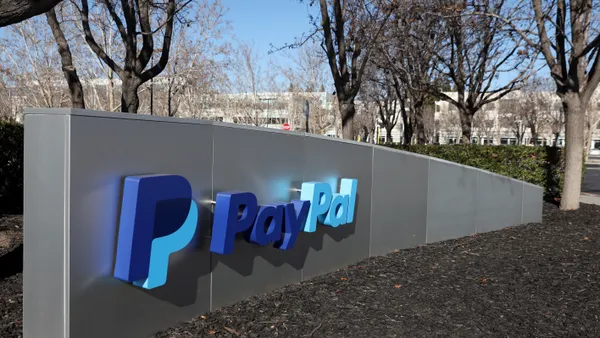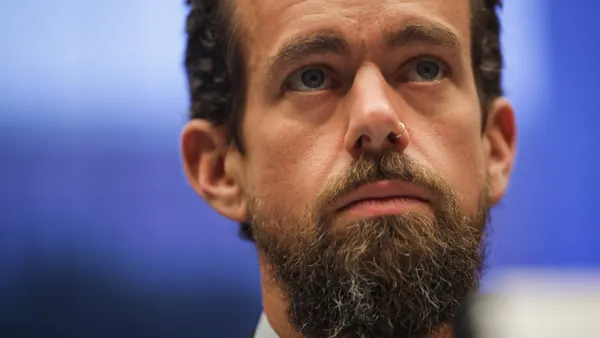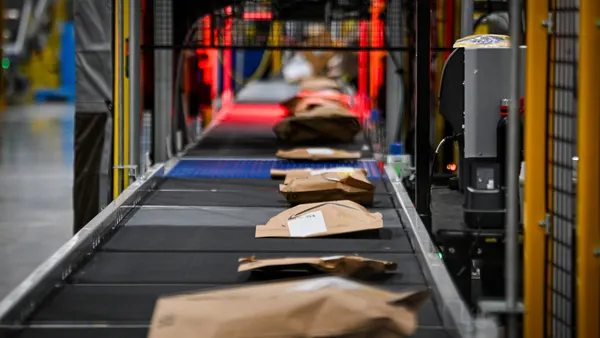Payments companies and fintechs remain on the prowl for top executives despite worldwide economic uncertainty and a slowdown in some sectors, executive search leaders say.
That reflects ongoing growth in those industries, driven by the development of new digital payments tools, the ascent of digital assets and ongoing innovation for legacy players and new entrants alike.
“We have not seen any letup on the payments side,” said Josh Crist, a co-managing partner in the Chicago area at the executive search firm Crist Kolder Associates. “There has been zero slowdown. Some of these businesses are actually moving quicker from a hiring standpoint.” That’s not the case in some other sectors of the economy, including manufacturing and health care, he added.
Fintech and payments niches where recruiters are seeing the most demand from clients revolve around digital plays. The “digital wallet is big” and crypto is making a comeback, plus anything related to buy now, pay later is also hot, Crist said in an interview earlier this month.
Beyond pure-play BNPL companies, such as Klarna, other players, like PayPal Holdings and Amazon, are also hiring to build out their capabilities in the pay later area, he said.
As competition for top executives rises, compensation packages this year have increased in value too, Crist said. Last year, some companies, including PayPal, were already offering rich pay and benefits to lure top talent.
Companies in the fintech and payments landscape are also adjusting the ways they’re hiring and seeking top talent. In the past, the typical practice was to tap peers or competitors, but increasingly companies are realizing they must reach beyond their known circles to fill top slots, said Seema Brin, a senior client partner at the search firm Korn Ferry.
“These companies are just now coming to terms that that approach to talent, especially at the senior level, will probably not be sufficient,” Brin said in an interview last month.
“It's super global,” said Brin, who is based in New York and recruited previously for other major companies in the payments sphere, including JPMorgan Chase and American Express.
“If your business has become global overnight, you cannot then be hiring the same five people you know.” And the companies in this area are in “hyper-growth mode,” she explained, noting that the U.S.-United Kingdom corridor is particularly hot at the moment.
Chief revenue officers and chief growth officers are in high demand, with companies often looking for external candidates for those sales-focused roles, Brin said.
The card companies have done a good job of cultivating internationalists who have collected experiences all over the world, moving from the U.S. to Europe and Asia, Brin said. While that’s appealing, it’s not necessarily the key trait needed now, she said.
Clients are particularly focused on someone who has “spearheaded a go-to market strategy,” Brin said. “They've expanded, or grown a business, whether it's a geographic type of growth, or whether it's a product area growth.”
On the back-office side of the business, top executives with experience in infrastructure, data, compliance and risk management are also highly sought after, particularly those that have experience with bank partnerships, she said. Along those lines, JPMorgan Chase, the biggest U.S. bank, changed some of its top technology officers earlier this year.
Job openings at a given company in the payments and fintech areas, including for top posts, will depend on a firm’s place in the evolving market, including whether it’s a young company growing fast or an established incumbent, Brin explained.
“Stripe will be hiring a bunch of technical talent,” like software engineers as well as those that work with data and developing products, Brin said. By contrast, Visa is more focused on artificial intelligence, compliance and risk, because it’s protecting its existing network, she added.














